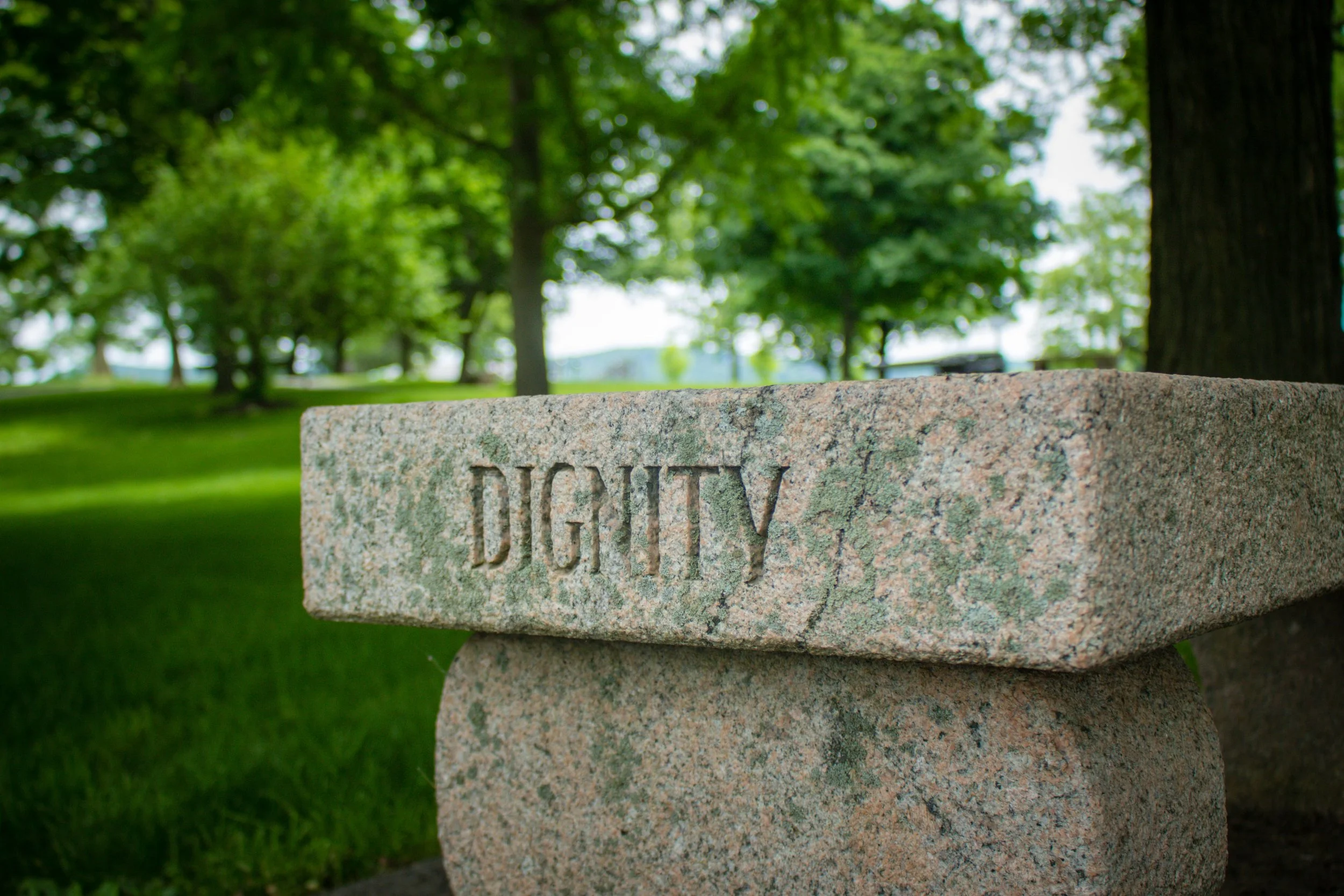The intertwining of mental health and aging presents a myriad of unique challenges and opportunities, especially in the context of Adult Family Homes (AFHs). As the elderly population grows, there's a pressing need to understand and address the intersection of these two domains. By delving deeper, we can foster an environment in AFHs that genuinely resonates with the mental and emotional well-being of its residents.
Our goal is to help make your job a little bit easier by providing the exact assistance you need.




















